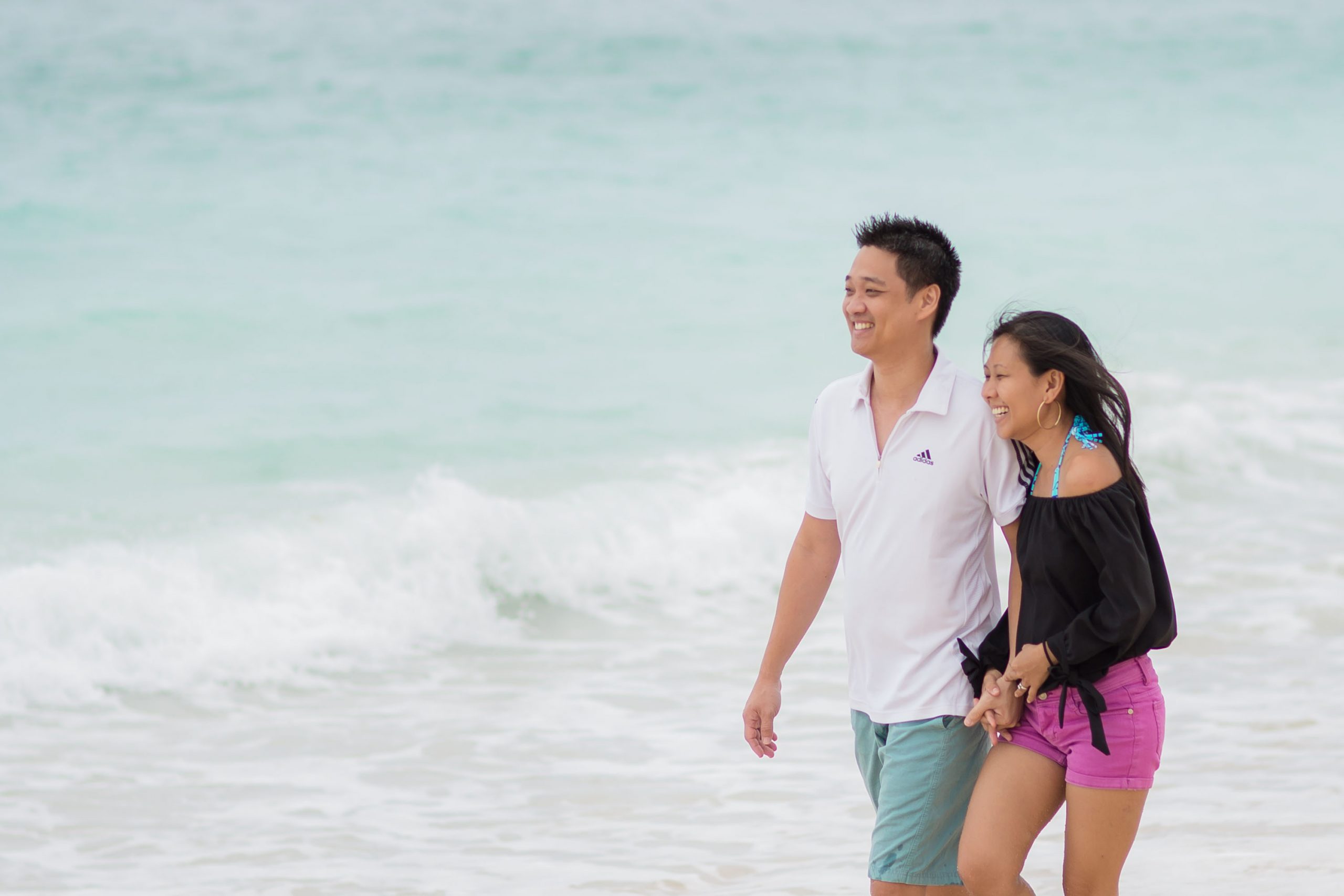I thought I might do webtorial #7 a little differently by creating a little video clip. It’s never easy seeing yourself on video (most times I am cringing, believe me), but I believe videos are a great way to connect with others quickly. It helps me practice being in front of camera till I get better and more natural. Practice makes perfect!
In case you prefer reading, here’s the transcript:
One of the core competencies I learnt that is so crucial to coaching is active listening. Most people, in everyday conversations, do not really have this skill. In fact, we hear but we do not listen. Interestingly, I read in a research that the average person listens for about 11-17 seconds before they respond with a statement. No wonder so many husbands and wives have problems in marriages, because most couples do not really listen to one another!
We can really avoid so many problems if only, we learned how to truly listen to each other’s thoughts and feelings without interruption. The problem with a lot of marriages is that we put a lot of our own filters and self-interest into our conversations. These could be filters related to always wanting to win an argument, believing that I am always right and you are wrong.
I know this full well, as I have had my fair share of arguments with my husband. Sometimes, my insecurity filter kicks in, and I act like a victim in the argument, feeling as if my perspective is never appreciated in an argument. It took me some time, but I had to really learn to listen and understand his perspective first before sharing mine.
So what does it mean to really listen to one another?
Listening, as a learned skill, means that we are fully present with the person we are engaging with. It means that we need to be fully listening without judgement, encouraging the person to open up more by asking questions such as “Tell me more.”, paraphrasing what the person says by replaying it back to them as a summary and by asking powerful questions.
In other words, we learn to receive what is being said, appreciate it, summarize and ask appropriate questions.
Part of listening skill involves knowing what the coachee is saying or not saying. Previously, I worked as a video editor for TV programs, and one of the skills I developed is the ability to read body languages and the tone of voice of actors to know which was the best take for the scene. I will certainly bring this skill into my coaching practice! I will definitely need to be sensitive to the coachee’s emotions and energy shifts.
This is one of the core competencies I hope to master over the next few months.
